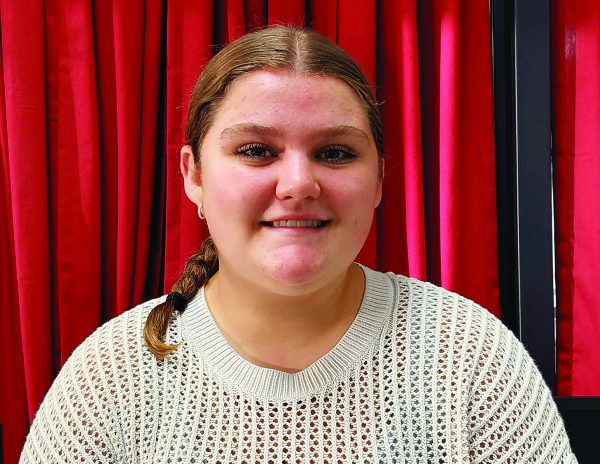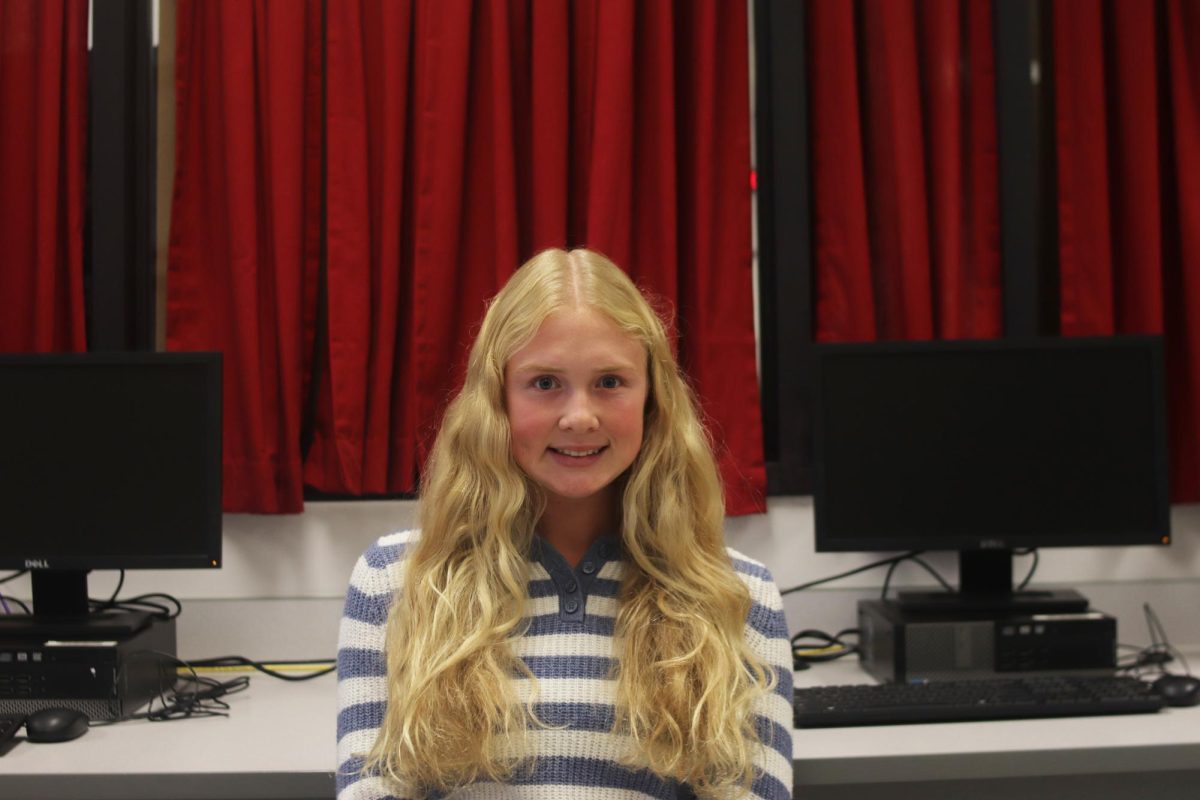While school shootings have been happening more frequently, they are still far from normal. School shootings not only have horrible consequences for those who are physical victims of the tragedies, but also for survivors who have to suffer with the mental health effects afterwards.
Most recently, Apalachee High School in Winder, Georgia experienced a shooting on September 4, 2024. 14-year-old student, Colt Gray, was the perpetrator.
Four individuals, two teachers and two students, were killed and several more were injured.
According to NBC news reporter Curtis Bunns, the loss in the Apalachee community has been devastating for people in the area, and in surrounding areas as well.
“Officials at neighboring Monroe Area High School volunteered its sprawling campus to host a vigil on Friday, and thousands of people, many not even connected to the victims or Apalachee High, shed tears and embraced the memory of the fallen students and educators,” Bunns said.
After the hectic and panic-filled days, students are starting to go back to attending school, knowing what occurred inside the walls of a place that was meant to be safe for all.
According to the Children’s Hospital of Philadelphia, “Students and staff that witness school shootings are likely to suffer from traumatic stress symptoms, become anxious or depressed and have general concerns about their safety.”
This return to school, while meant to bring back structure and normality, does not allow students to have time to process what they have witnessed.
According to ABC news health and science reporter, Mary Kekatos, “Children can respond in a wide range of ways including being numb to the event, being more angry or irritable, suffering from high anxiety and being fearful of going back to school, according to mental health experts.”
Not only do these mental health problems debilitate individuals following the shooting, but they can last a lifetime.
According to the Wisconsin Office of Children’s Mental Health, “Children who survive shootings have twice as many pain disorders, are 68 percent more likely to have a psychiatric diagnosis, and 144 percent as likely to develop a substance use disorder than those who did not experience a shooting. The survivors’ parents also had increased rates of psychiatric disorders and mental health visits.”
This can not be considered normal or just a part of life; this does not have to happen. Those who experience school shootings are crushed and traumatized, so why is America not?
Americans continue on with their lives, pausing only for a moment to take in what has happened, and what keeps happening, and do not seem to want to make any changes in a flawed system.
School shootings cause lasting mental health problems
After experiencing a school shooting, students and staff are expected to return to their normal lives while still dealing with their mental health following the events.
0
More to Discover
About the Contributor

Aubrey Gehman, News Editor


